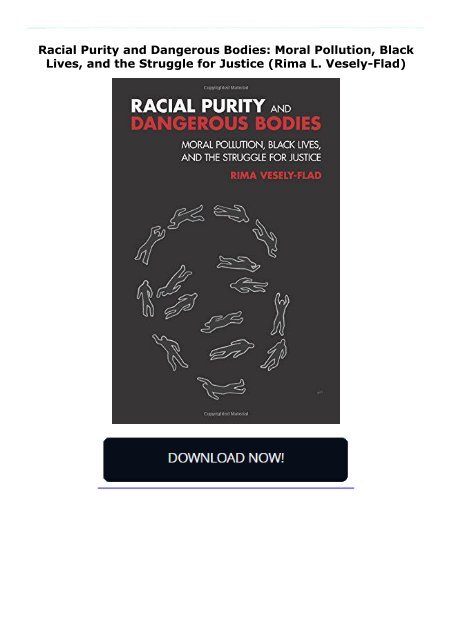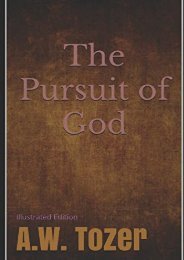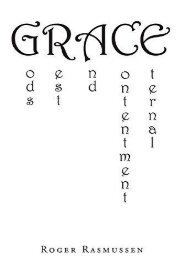Racial Purity and Dangerous Bodies: Moral Pollution, Black Lives, and the Struggle for Justice (Rima L. Vesely-Flad)
At the center of contemporary struggles over aggressive policing practices is an assumed association in U.S. culture of blackness with criminality. Rima L. Vesely-Flad examines the religious and philosophical constructs of the black body in U.S. society, examining racialized ideas about purity and pollution as they have developed historically and as they are institutionalized today in racially disproportionate policing and mass incarceration. These systems work, she argues, to keeps threatening elements of society in a constant state of harassment and tension so that they are unable to pollute the morals of mainstream society. Policing establishes racialized boundaries between communities deemed "dangerous" and communities deemed "pure" and, along with prisons and reentry policies, sequesters and restrains the pollution of convicted "criminals," thus perpetuating the image of the threatening black male criminal. Vesely-Flad shows how the anti-Stop and Frisk and the Black Lives Matter movements have confronted these systems by exposing unquestioned assumptions about blackness and criminality. They hold the potential, she argues, to reverse the construal of "pollution" and invasion in America s urban cores if they extend their challenge to mass imprisonment and the barriers to reentry of convicted felons.
At the center of contemporary struggles over aggressive policing practices is an assumed association in U.S. culture of blackness with criminality. Rima L. Vesely-Flad examines the religious and philosophical constructs of the black body in U.S. society, examining racialized ideas about purity and pollution as they have developed historically and as they are institutionalized today in racially disproportionate policing and mass incarceration. These systems work, she argues, to keeps threatening elements of society in a constant state of harassment and tension so that they are unable to pollute the morals of mainstream society. Policing establishes racialized boundaries between communities deemed "dangerous" and communities deemed "pure" and, along with prisons and reentry policies, sequesters and restrains the pollution of convicted "criminals," thus perpetuating the image of the threatening black male criminal. Vesely-Flad shows how the anti-Stop and Frisk and the Black Lives Matter movements have confronted these systems by exposing unquestioned assumptions about blackness and criminality. They hold the potential, she argues, to reverse the construal of "pollution" and invasion in America s urban cores if they extend their challenge to mass imprisonment and the barriers to reentry of convicted felons.
You also want an ePaper? Increase the reach of your titles
YUMPU automatically turns print PDFs into web optimized ePapers that Google loves.
<strong>Racial</strong> <strong>Purity</strong> <strong>and</strong> <strong>Dangerous</strong> <strong>Bodies</strong>: <strong>Moral</strong> <strong>Pollution</strong>, <strong>Black</strong> <strong>Lives</strong>, <strong>and</strong> <strong>the</strong> <strong>Struggle</strong> <strong>for</strong> <strong>Justice</strong> (<strong>Rima</strong> L. <strong>Vesely</strong>-<strong>Flad</strong>) At <strong>the</strong> center of contemporary struggles over aggressive policing practices is an assumed association in U.S. culture of blackness with criminality. <strong>Rima</strong> L. <strong>Vesely</strong>-<strong>Flad</strong> examines <strong>the</strong> religious <strong>and</strong> philosophical constructs of <strong>the</strong> black body in U.S. society, examining racialized ideas about purity <strong>and</strong> pollution as <strong>the</strong>y have developed historically <strong>and</strong> as <strong>the</strong>y are institutionalized today in racially disproportionate policing <strong>and</strong> mass incarceration. These systems work, she argues, to keeps threatening elements of society in a constant state of harassment <strong>and</strong> tension so that <strong>the</strong>y are unable to pollute <strong>the</strong> morals of mainstream society. Policing establishes racialized boundaries between communities deemed "dangerous" <strong>and</strong> communities deemed "pure" <strong>and</strong>, along with prisons <strong>and</strong> reentry policies, sequesters <strong>and</strong> restrains <strong>the</strong> pollution of convicted "criminals," thus perpetuating <strong>the</strong> image of <strong>the</strong> threatening black male criminal. <strong>Vesely</strong>-<strong>Flad</strong> shows how <strong>the</strong> anti-Stop <strong>and</strong> Frisk <strong>and</strong> <strong>the</strong> <strong>Black</strong> <strong>Lives</strong> Matter movements have confronted <strong>the</strong>se systems by exposing unquestioned assumptions about blackness <strong>and</strong> criminality. They hold <strong>the</strong> potential, she argues, to reverse <strong>the</strong> construal of "pollution" <strong>and</strong> invasion in America s urban cores if <strong>the</strong>y extend <strong>the</strong>ir challenge to<br />
mass imprisonment <strong>and</strong> <strong>the</strong> barriers to reentry of convicted felons.<br />
<strong>Racial</strong> <strong>Purity</strong> <strong>and</strong> <strong>Dangerous</strong> <strong>Bodies</strong>: <strong>Moral</strong> <strong>Pollution</strong>, <strong>Black</strong><br />
<strong>Lives</strong>, <strong>and</strong> <strong>the</strong> <strong>Struggle</strong> <strong>for</strong> <strong>Justice</strong> (<strong>Rima</strong> L. <strong>Vesely</strong>-<strong>Flad</strong>)

















